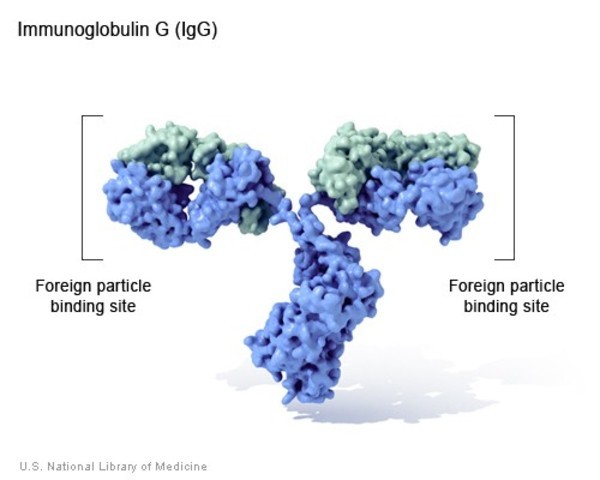Proteins are fundamental building blocks of life, serving as large, complex molecules that perform a multitude of critical roles within the body. They are essential for nearly every bodily process. Often referred to as the workhorses of cells, proteins are indispensable for the structure, function, and regulation of the body’s tissues and organs.
Decoding Protein Structure: Amino Acids
Proteins are constructed from smaller units known as amino acids. These amino acids link together to form long chains, much like beads on a necklace. There are 20 distinct types of amino acids that can be combined in various sequences to create a vast array of proteins. The specific order of amino acids in a protein chain dictates its unique three-dimensional shape and, consequently, its specialized function. This sequence of amino acids is not random; it’s meticulously encoded by combinations of three DNA building blocks, called nucleotides, as determined by our genes.
Diverse Functions of Proteins in the Body
The range of functions proteins carry out is remarkably broad. Here are some key examples of protein functions:
Antibodies
Antibodies are proteins that play a crucial role in the immune system. They are designed to recognize and bind to specific foreign invaders, such as viruses and bacteria. By attaching to these foreign particles, antibodies help the body to neutralize threats and provide protection against infection. An example of an antibody is Immunoglobulin G (IgG).
Enzymes
Enzymes are proteins that act as catalysts, facilitating and speeding up the thousands of biochemical reactions that occur within our cells. They are essential for virtually all cellular processes. Enzymes are not only involved in breaking down substances but also in building new molecules by interpreting the genetic instructions stored in DNA. Phenylalanine hydroxylase is an example of an enzyme.
Messenger Proteins (Hormones)
Messenger proteins, which include certain types of hormones, are responsible for transmitting signals throughout the body. These proteins act as communication relays, coordinating biological processes between different cells, tissues, and organs to ensure harmonious bodily functions. Growth hormone is a prime example of a messenger protein.
Structural Components
Structural proteins are, as their name suggests, vital for providing structure and support to cells. On a larger scale, these proteins are also essential for enabling body movement. They form the framework of our tissues and organs, providing strength, elasticity, and organization. Actin is a well-known structural protein.
Transport and Storage
Transport and storage proteins are specialized to bind and carry atoms and small molecules. These proteins are crucial for transporting essential substances within cells and throughout the body, ensuring that nutrients and other vital molecules reach their destinations. Ferritin is an example of a protein involved in transport and storage.
In conclusion, proteins are indispensable molecules with a vast and diverse array of functions. From catalyzing reactions and defending against pathogens to providing structural support and facilitating transport, proteins are truly fundamental to life as we know it. Their intricate structure and varied roles underscore their importance in maintaining health and enabling all biological processes.
